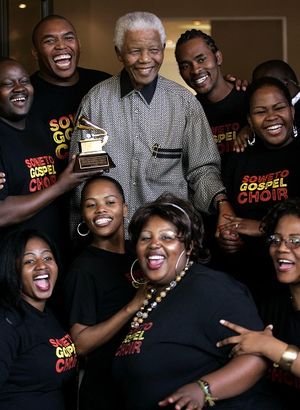Life in the 90s
If you have any family member in his or her 90s, the U.S. Census Bureau report released last week on our country's 90-year-olds is a fascinating read. And baby boomers really need to pay attention. These oldsters among us are blazing the new trails here.
In 2050, 9.9 percent of the population will be 90 or older, boomers all.
Some other interesting tidbits from the report (with my editorial opinion thrown in!)
Keep studying
Education is a strong indicator of longevity. The current 90-somethings attained higher education than average for their cohort; 61 percent had completed high school. So those college and graduate degrees in liberal arts we boomers pursued that haven't resulted in the big bucks might give some longevity payback later on.
Go to your reunions
More than 80 percent of the folks 90 and above are widows. The longevity gap between men and women is expected to narrow, but women who hope to be married in their 90s should keep in touch with men from their youth -- or with younger men!
Will we be as lucky?
99.5 percent of the 90-plus population has health-care insurance (Medicare mostly). Will 90-plus boomers be able to say the same?
(AP photo of Nelson Mandela, who is 93)
